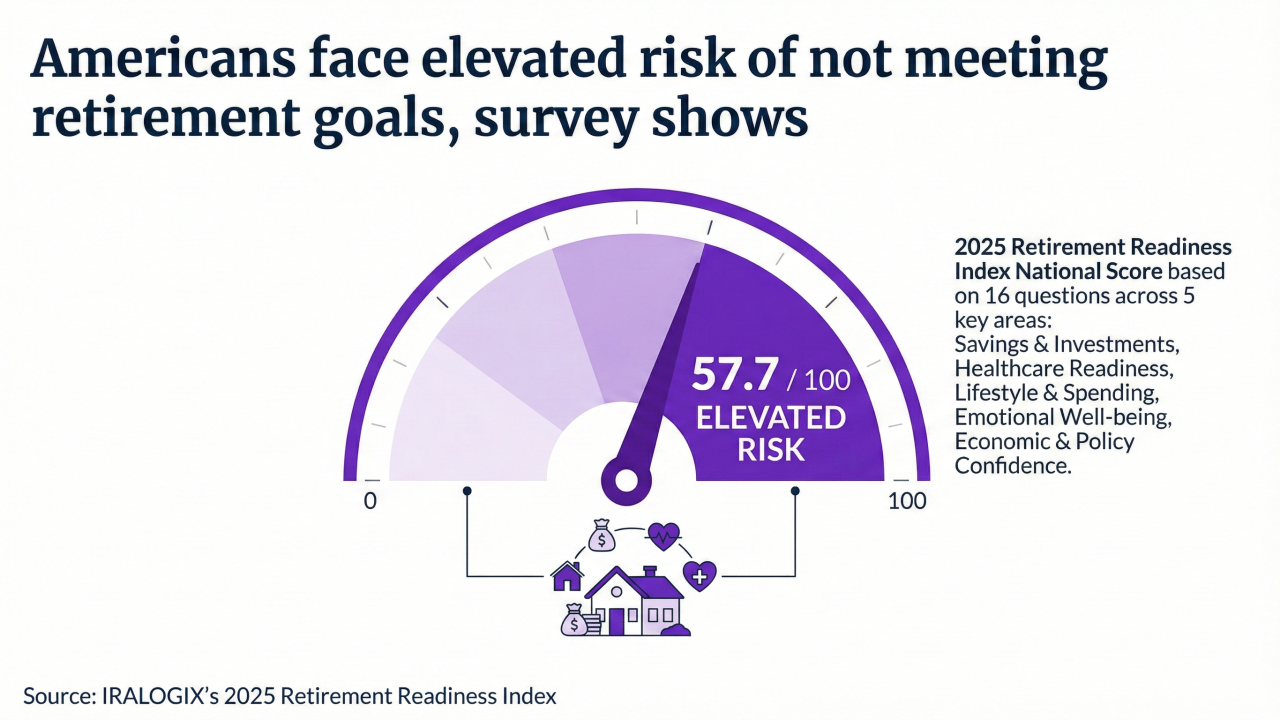(Bloomberg) -- By ending the sale of tobacco products in its 7,600 pharmacies, CVS Caremark Corp. is redefining itself as a health-care provider in an environment in which millions of newly insured Americans will be looking for quick and convenient medical care.
CVS is already the largest U.S. seller of prescription drugs. In the last decade, the company has also been increasing its footprint in health care, opening 800 in-store clinics nationwide with nurses and physician assistants who can diagnose and write prescriptions for minor illnesses.
The decision to drop cigarettes and other tobacco products is expected to mean the loss of about $2 billion in annual revenue, or 2 percent of estimated 2014 earnings per share. Longer term, though, CVS gains a reputation as a company that stands up for the health of its customers. Thats bound to pay off in support from consumers and insurers, while opening shelf space for increasingly popular health and wellness products.
The move speaks to the culture of where theyre taking the company, Frank Morgan, a New York-based analyst at RBC Capital Markets, said by telephone. This enhances their position with managed-care payers and plan sponsors as more insured lives go into the system under Obamacare.
Shares of the Woonsocket, Rhode Island-based company fell 1 percent to $65.44 yesterday in New York. The company has gained 27 percent in the past 12 months.
While CVS is ending tobacco sales by Oct. 1, the 2010 Patient Protection and Affordable Care Act, also known as Obamacare, is moving toward the goal of bringing health coverage to 48 million uninsured people. The insurance expansion may produce a surge for CVS of prescription orders and patients with sniffles and other minor maladies seeking to avoid high emergency room costs and long waits for doctor appointments.
CVS in its statement called the move a public health initiative designed to reduce the almost half a million deaths attributed to smoking. The announcement quickly garnered support from public health advocates such as the American Medical Association and politicians including President Barack Obama and U.S. Senate Majority Leader Harry Reid, a Nevada Democrat.
The benefit, though, may be financial, analysts said. CVSs annual profit from cigarettes was already in decline, said Ross Muken, an analyst at ISI Group LLC in New York.
This is simple math, Muken said in a telephone interview. They will replace it with higher growth, higher return profit that is stickier and fits with the companys mission. The payback over the next five or 10 years, when they will be able to extend services from the health care sector to the consumer sector, will far outstretch any loss.
Gum, patches
The CVS decision didnt include sales of nicotine gums and patches. Muken said those products are only a tiny fraction of what the company generates from tobacco products.
Bill Phelps, a spokesman for Altria Group Inc., the largest U.S. cigarette maker, said each retailer should decide individually if they want to sell tobacco products. Weve appreciated working with CVS over the years, and we respect its decision, he said in an e-mail. For our part, we will continue to focus on the nearly 250,000 retail stores with whom we work to sell tobacco products to adult consumers in a responsible way.
Bryan Hatchell, a spokesman for Reynolds American Inc. the second-biggest U.S. cigarette maker, couldnt be reached for comment after business hours.
CVS has identified incremental opportunities that are expected to offset the profitability impact, Danielle Marcus, a spokeswoman for the company, said in an e-mailed response to questions. She declined to identify them at this time.
In December, CVS said it would become a partner this year with Dublin, Ohio-based drug distributor Cardinal Health Inc. to be the biggest source of generic medicines in the U.S. CVS acquired Caremark for $27.2 billion in 2007, creating the biggest mail-order and retail medicine provider in the U.S., after a three-month bidding war with Express Scripts Inc. Caremark at the time was the second-biggest manager of employee prescription-drug benefits.
CVS competitors Walgreen Co. and Rite Aid Corp. may expect minor near-term benefit by continuing to supply tobacco products, as should other sellers including grocery stores and convenience stores, said Lisa Gill, a New York-based analyst at JPMorgan Chase & Co., in a note to clients yesterday.
Still, We would not be surprised to see Walgreen move in this direction over time, Gill said.
Walgreen, meanwhile, has been evaluating its tobacco line for some time, Michael Polzin, a spokesman for the Deerfield, Illinois-based drugstore chain, said in an e-mail yesterday. Walgreen will continue to evaluate the choice of products our customers want, he said.
Rite Aid
Rite Aid declined to say if it would follow CVSs move. Besides selling tobacco products, Rite Aid also sells a variety of smoking cessation products and provides additional resources, including our pharmacists, who are available to counsel people trying to stop smoking, Kristin Kellum, a company spokeswoman, said in an e-mail.
They may not have a choice for much longer, said Toby Cosgrove, chief executive officer of the Cleveland Clinic in Ohio. Pharmacies that want to be taken seriously for their health-care efforts have no choice but to reconsider their tobacco sales policies, he said.
Its a natural progression, Cosgrove said by telephone. We need to get into a health business instead of a disease business. As they get increasingly into health care, more and more people will recognize tobacco is a problem.
Cosgrove took the Cleveland Clinic smoke free about a decade ago and now goes even further, hiring only non-smokers.
JAMA essay
In an essay published yesterday in the Journal of the American Medical Association with Steven Schroeder, director of the Smoking Cessation Leadership Center, CVS Caremark Chief Medical Officer Troyen Brennan said reducing cigarette availability is another step toward taking tobacco use out of the mainstream and making it less socially acceptable.
Advocates have long questioned the juxtaposition of the distribution of medications for promoting health with the sale of the single most deadly consumer product, they wrote. The tobacco paradox is more relevant as pharmacies are retooling themselves as an integral part of the health-care system.
Brennan called for other retailers, particularly those that have pharmacies, to eliminate tobacco sales. If they dont do so voluntarily, he suggested federal or state regulations.
Tobacco control efforts, including restrictions on sales and advertising, additional taxes and bans on smoking in public have helped to reduce smoking. About 18 percent of American adults smoke, or about 1 in 6 people, down from 42 percent in 1965, a year after the first Surgeon Generals report on smoking and health when cigarettes were in their heyday.
While cigarettes were targeted, other unhealthy products such as candy or sugary drinks wont be removed from shelves at CVS because those products are OK in moderation, said Marcus, the company spokeswoman, while no amount of tobacco is safe.





